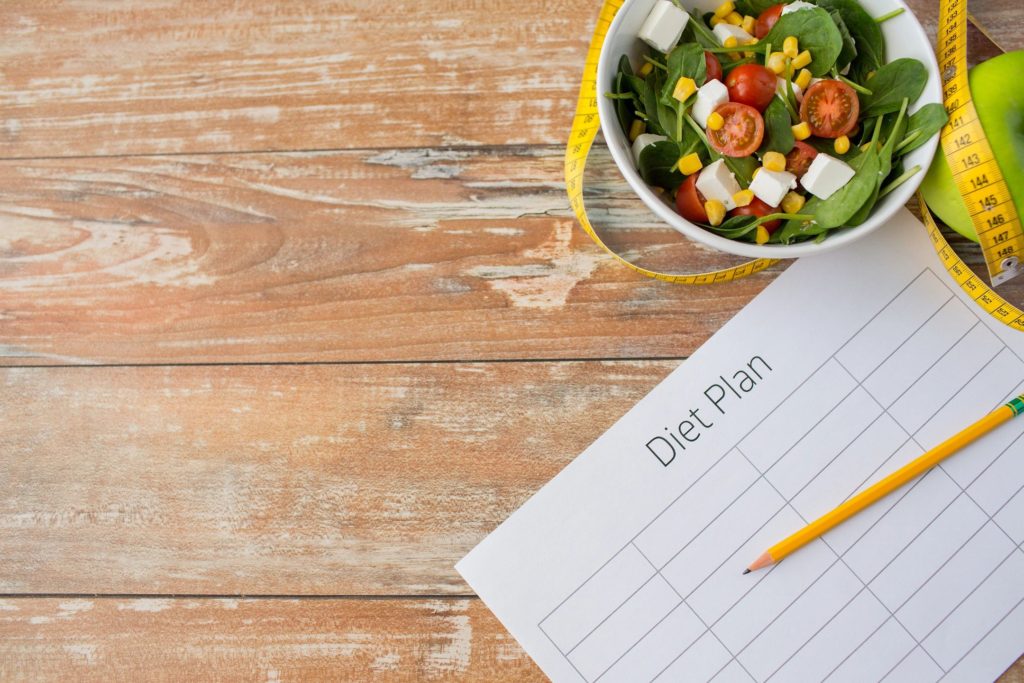Nutrition Tips For Concussions
A high protein, anti-inflammatory diet in the first week post injury has been shown to help with recovery. Proteins are where we get the building blocks for our cells! Avoidance of inflammatory foods improves absorption and delivery of necessary nutrients needed to support the restorative recovery process.
Adequate hydration is crucial during recovery! The Mayo clinic recommends the “8 by 8 rule” – 8 x 8oz glasses per day.
Avoid: caffeine, stimulants, and alcohol
Avoid or significantly reduce sugars in your diet. Excess sugar has been shown to impair memory and decrease overall brain volume.
Supplements:
- Fish oil with DHA and EPA – 2000-2500mg per day as directed by your healthcare provider. DHA is critical for brain and nervous system function and protection. It helps with cellular recovery and survival. DHA can be consumed in a vegetarian tablet to accommodate for allergies. DHA is also recommended for daily consumption with or without a concussion.
- B Complex Vitamins – B Vitamins are our energy sources and help to rebuild cells. Our patients often report improved energy when taking B Complex however, the research continues to be limited.
- Melatonin – Melatonin is naturally occurring in our bodies and help to regulate sleep. For patients initially struggling to fall asleep and maintain sleep we often recommend slow-release capsules 3-6mg at bedtime. This is often the first line of defense prior to attempting prescription medications. Avoid Ambien!
- Probiotics – These are generally recommended to improve the gut. During the stress of healing the gut can sometimes be altered resulting in poor absorption of necessary nutrients from the diet.
- Vitamin D3 – We naturally get Vitamin D from the sun but many people are deficient in D, especially in the colder months and higher latitudes. Vitamin D helps us to absorb and use Calcium in our bodies and supports our immune response which is activated and taxed from trauma and stress!
The recommended supplements are considered “Best Practice”. You should always consult your family physician for any questions or to ensure you are safe to consume these supplements. Please always be sure to respect any allergies you may have.
Listen to the podcast below to learn more about these supplements and the newest recommendations!

